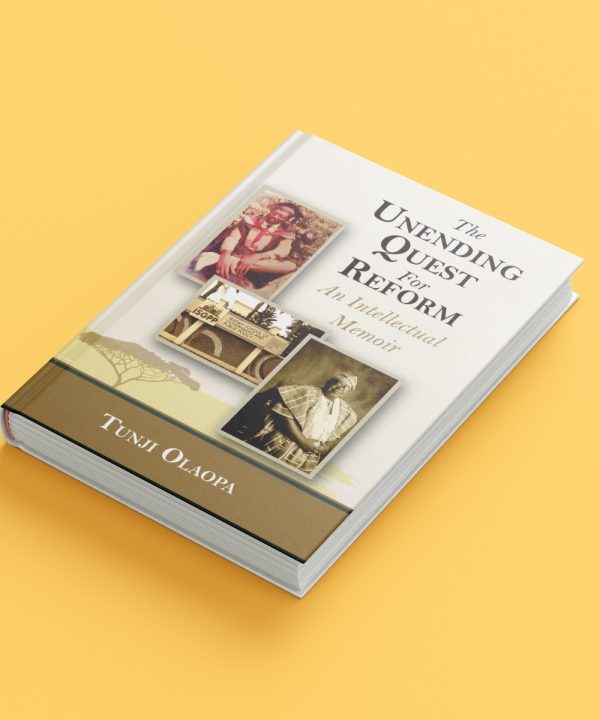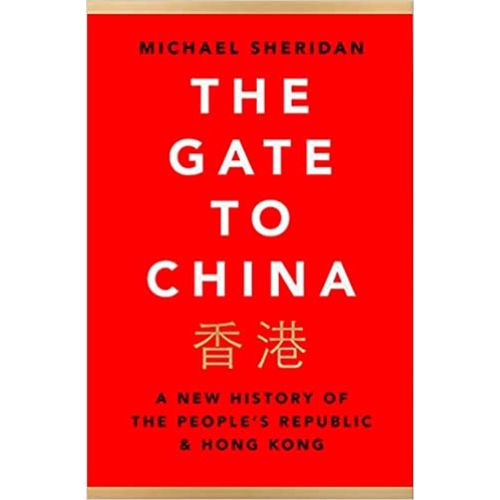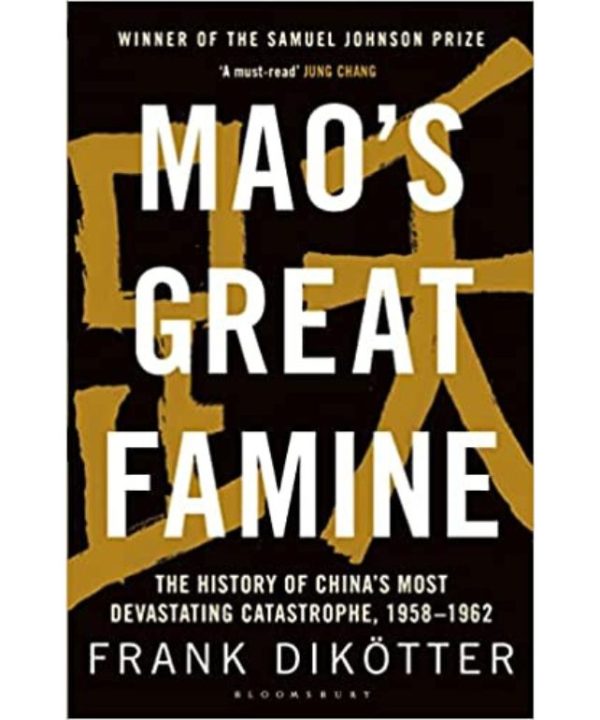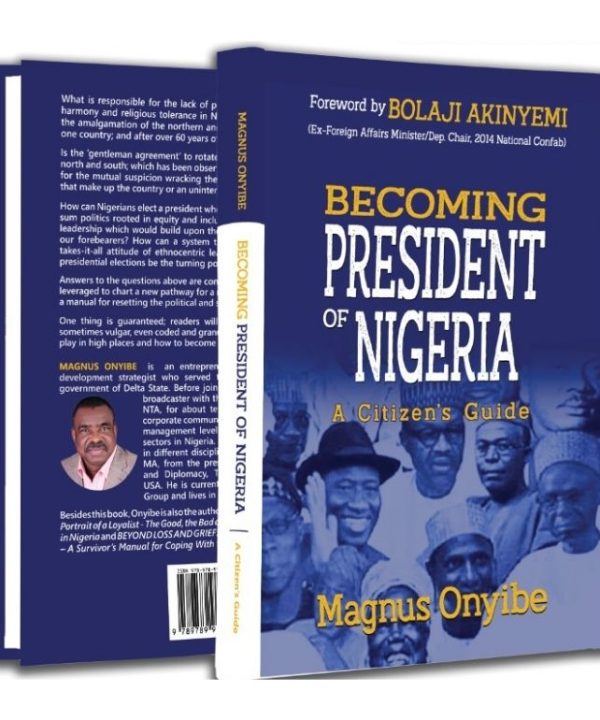-
×
 Outsider Inside
1 × ₦5,000.00
Outsider Inside
1 × ₦5,000.00 -
×
 Liberating Nigeria: A Guide to Winning Elections and Reviving Our Country
1 × ₦3,500.00
Liberating Nigeria: A Guide to Winning Elections and Reviving Our Country
1 × ₦3,500.00 -
×
 No! Don't Touch Me There
1 × ₦2,500.00
No! Don't Touch Me There
1 × ₦2,500.00 -
×
 Black and British: A Forgotten History
1 × ₦20,000.00
Black and British: A Forgotten History
1 × ₦20,000.00 -
×
 Lives of Great Men: Living and Loving as an African Gay Man
1 × ₦3,000.00
Lives of Great Men: Living and Loving as an African Gay Man
1 × ₦3,000.00 -
×
 The Unending Quest for Reform: An Intellectual Memoir
1 × ₦5,000.00
The Unending Quest for Reform: An Intellectual Memoir
1 × ₦5,000.00 -
×
 Liberalism and Its Discontents: Francis Fukuyama
1 × ₦8,000.00
Liberalism and Its Discontents: Francis Fukuyama
1 × ₦8,000.00
The Rise and Fall of the EAST
₦44,000.00
The long history of China’s relationship between stability, diversity, and prosperity, and how its current leadership threatens this delicate balance
A Foreign Affairs Best Book of 2023
Chinese society has been shaped by the interplay of the EAST—exams, autocracy, stability, and technology—from ancient times through the present. Beginning with the Sui dynasty’s introduction of the civil service exam, known as Keju, in 587 CE—and continuing through the personnel management system used by the Chinese Communist Party (CCP)—Chinese autocracies have developed exceptional tools for homogenizing ideas, norms, and practices. But this uniformity came with a huge downside: stifled creativity.
3 in stock











Reviews
There are no reviews yet.